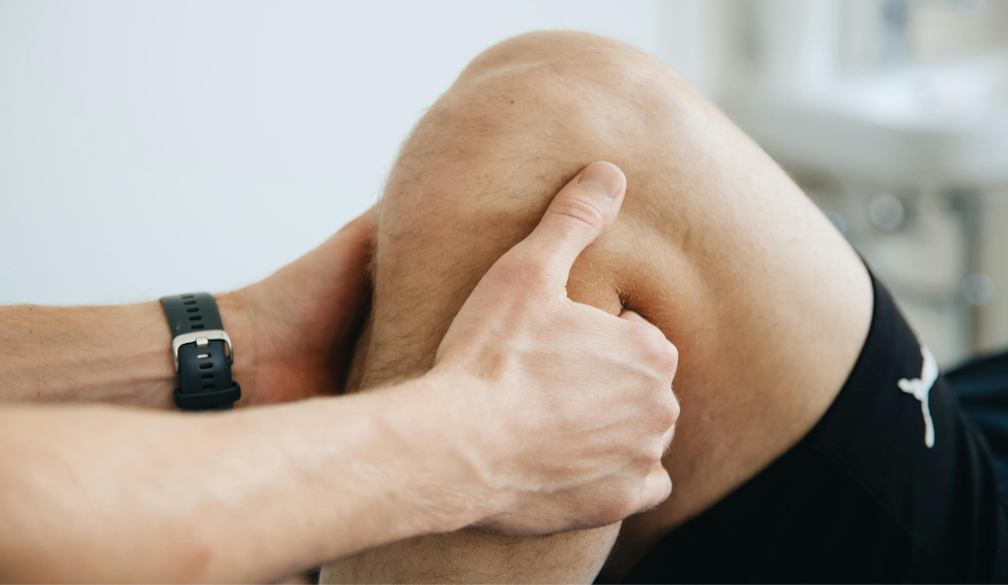Why Mobile Allied Therapy Services Are Essential in Post-Hospital Recovery

Mobile allied health services matter more than ever under recent NDIA travel funding cuts. A quiet but critical shift is unfolding in Australia’s healthcare landscape. Mobile allied health services like physiotherapy, occupational therapy, psychology, and speech therapy delivered at home, are not just a convenience. They’re an essential part of recovery for thousands of Australians after hospital discharge.
But in July 2025, changes to NDIA travel funding, specifically, price freezes and reduced reimbursement for therapists’ travel, have cast a shadow over this vital care model. Providers, already under strain, now face fresh uncertainty just as demand for mobile support rises.
Why Mobile Therapy Matters Post-Hospital
Leaving the hospital is not the end of the recovery journey, it’s the beginning. The real work of restoring mobility, rebuilding confidence, and regaining independence happens at home. That’s where mobile allied health steps in.
Whether it’s a physiotherapist helping a stroke survivor walk unaided or a speech pathologist assisting a child with developmental delays, therapy in the home environment is deeply personal and highly effective. Unlike clinic-based sessions, in-home care takes actual challenges into account like stairs, kitchen layouts, or even the emotional comfort of being near loved ones.
Research shows that mobile allied therapy services improves outcomes, shortens recovery timelines, reduces hospital readmissions, and enhances quality of life.
A Model That Works, And Saves
Mobile allied health services are not only good for patients, they’re good for the system. By reducing unnecessary hospital visits and helping individuals remain independent at home, they ease pressure on acute care, aged care, and emergency services.
And for patients, the model offers unmatched convenience. No long commutes. No early-morning taxis. No missed appointments due to inaccessible clinics. Just the care they need, when and where they need it.
When the System Pulls Back, Who Gets Left Behind?
Under the recent NDIA reforms, travel costs for therapists are no longer fully covered. This may seem like a small change, but the impact is far-reaching.
Mobile therapists, particularly those serving rural or outer-metropolitan areas, rely on travel funding to reach clients. Without it, providers may have to reduce visits, shorten sessions, or pull out of regions entirely. That puts thousands at risk.
Innovation Can Help, But Support Is Still Needed
Australia is already at the forefront of innovation in mobile care: AI-powered rehab, wearable feedback tools, and hybrid telehealth-home visit models are making services more efficient and scalable.
But innovation can’t fill the gap left by inadequate funding.
Where Do We Go From Here?
To protect and grow mobile allied therapy, three things are needed:
- Policy recognition: Mobile therapy must be treated as essential infrastructure, not an optional add-on.
- Funding reform: NDIA travel reimbursements should reflect the true cost of delivering equitable care.
- System integration: Aligning funding with broader care initiatives like the Transition Care Programme will create a more coherent recovery pathway.
Home-Based Care Deserves a Home in Policy
Mobile allied health is not a luxury, it’s a lifeline. It helps Australians heal at home, stay independent, and live with dignity.
Providers like Roaming Therapy and countless others are still going the distance, literally, to deliver care. But their sustainability depends on policy that matches the proven value of their work.

















